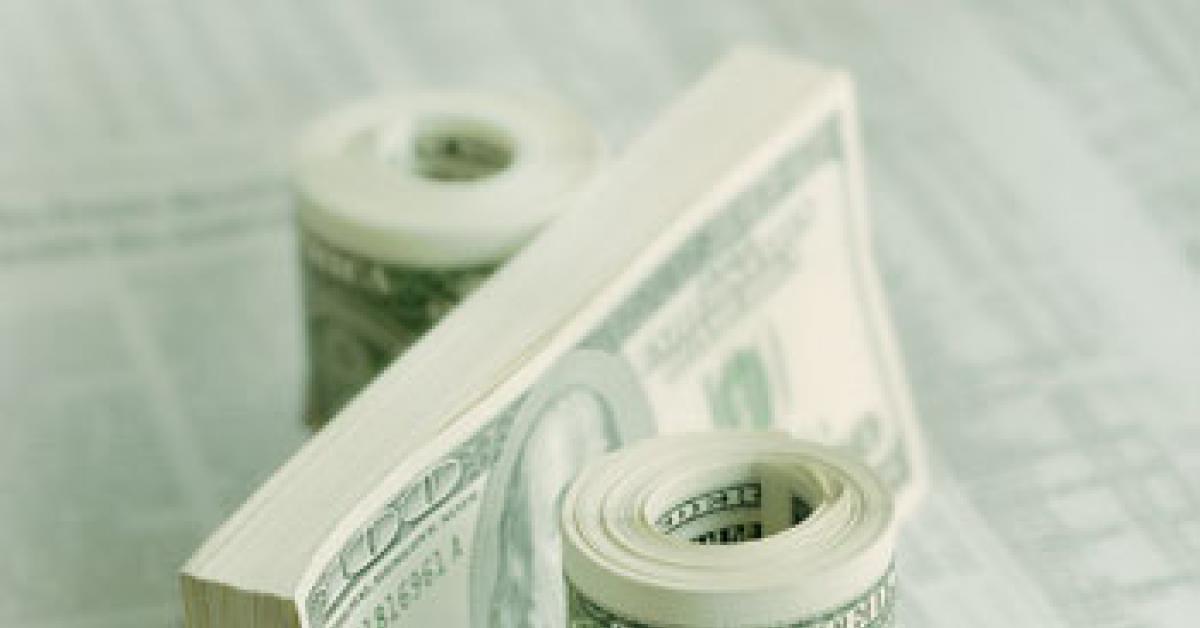PEMBROKE, Mass. — Tax time is here again. Before I give you some tax tips, I want to tell you to pay your fair taxes. I know that not all of you do.
Having said that, you should take full advantage of legitimate deductions.
Some Available Deductions
Basically, profit determination is a process of starting with revenue and deducting all expenses and costs from all activity that went into creating that inflow stream. Any amount of expenditure is deductible if it helped you, in any way, shape or form, to run your business.
Don’t forget to include:
-
All mileage driven in connection with work.
That includes visits to other dry cleaners, trips to vendors, explorations of other markets, and even rental car costs in distant places if the vehicle is used to parse the dry cleaning situation there.
Volunteer miles driven become business miles. For instance, say you conduct a coats-for-cash program, and you speak at different venues and do a lot of collections. All this mileage counts as business miles instead of volunteer miles, because it helps your company’s image. -
All professional subscriptions and association dues as well as related costs.
For example, if you take several fellow association members out to dinner and you discuss your companies, you could take that expense. - Books purchased that help with work. For example, if you purchase business or psychology books to understand people in your organization, these are deductible expenses.
- Cost of any experiments to improve processes or try new ones.
- The total expense of all conventions and workshops attended.
- If you use the Internet for research, take a portion of the monthly fee.
- The costs of all education programs.
- Any payment made to your young children for working in your shop.
-
The cost of gifts given to individuals who helped you with your business.
For instance, if someone gave you a lead, and it resulted in a new client, any giving to that individual is a business expense. - If you buy art and display it in the store first and then rotate the art periodically in the store, you are entitled to expense the purchase.
-
If you have a space where you do administrative work regularly and exclusively at home, you can take a home office deduction.
You can deduct a portion of your mortgage interest, property taxes, house insurance, maintenance, repairs, and depreciation. The portion is that square foot percentage that you use for the office plus any space you store material versus the total square footage of your home.
By regular and exclusive, you don’t have to do the work there all the time, but when you do the activity, you do it there, and you don’t do anything else there. In other words, that space is set aside for you to work at home. You probably have an office at work, but that doesn’t negate the possibility of taking a home-office expense.
Many dry cleaners stay clear of home offices. They don’t like the sound of the phrase, perhaps remembering a time when a home office sent up a red flag. But those days are long gone. With more and more people working from home, a home office has become an accepted part of the business landscape.
Additionally, a home office is often a significant expense, particularly if the business owner has a sizeable house and large mortgage. A home office could easily become a $2,000 or $3,000 deduction.
Run a good business and pay your fair taxes. But don’t pay more than you should.
Have a question or comment? E-mail our editor Dave Davis at [email protected].

